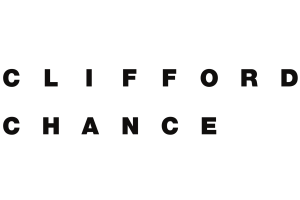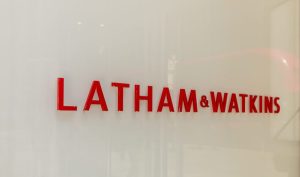Lobbying for a more favourable and FDI enabling business environment, this thought leader believes that often South Africa is perceived as an onerous location for operations, and intends to change that view.
Talking to Lawyer Monthly about the various challenges the South African M&A landscape encounters daily is Bartlett Hewu of Hewu Attorneys. Here he touches on the need for further foreign direct investment into South African markets, and discusses the top considerations that any business looking to invest here should make.
In the M&A landscape, what recent transactions have you and the firm been involved with?
We are currently finalising an acquisition in the food and beverages sector, and are also busy with the establishment and funding of a Multi-Disciplinary Health Care Centre.
Were there any new challenges involved? What have you learnt on the back of these fresh deals?
Yes, there were challenges. Well, no two transactions are the same; they all have their unique and peculiar nuances, in particular around food safety standards. For the other transaction, a challenge was encountered on the regulatory matrix we had to navigate in the health care sector. We have learnt a lot from these two transactions.
How would you describe the current South African M&A landscape, and how do you think this might proceed throughout 2017?
We have some challenges; economic growth is estimated to be just less than 1%, putting a lot of strain on M&A activity, and we hope for an improvement in 2017.
What would you say are the top three considerations to make in advising on risk management surrounding mergers and acquisitions? What are the significant variables in South Africa?
It is important to take cognisance of political considerations, anti-trust & competition issues, as well as the employment & labour issues. Whilst it is pivotal to appoint a competent team to conduct the legal, final and commercial due diligence to ascertain the true nature and value of the business before any acquisition, in SA we have labour laws that make it obligatory for the employees to follow the business after a merger or acquisition thereof.
In dealing with cross-border transactions, what are the common challenges you encounter and how do you push for the most commercially rewarding deals for your clients?
With the professional network that one has managed to build over the years it becomes easy to address any issues that arise in cross-border transactions for the benefit of our clients. For instance, in some jurisdictions it is peremptory that any foreign owned businesses should have a local partner. In this regard, you need people you can trust on the ground, who can provide you with credible and reliable data regarding the business, the regulatory environment and other issues.
How do you believe your previous experience at various firms has contributed towards your thought leadership in the South African M&A arena?
I was given the space to grow as a young professional and I was left to my own devices to run with multiple domestic and cross-border commercial transactions in the leading commercial firms in Johannesburg, working in the tax and commercial departments. That tremendous exposure is the best thing that could ever happen to me, and I think it contributed a great deal towards my thought leadership, preparing me for the role that I play today in the M&A arena in the MEA region.
As a thought leader, do you believe South African markets legislation could be changed for the better? Please explain.
Yes. As a developing economy we need the injection of foreign direct investments into the country, but the impediment is that in some quarters there is a general perception (and in some instances a semblance of truth) that the regulatory environment for doing business in South Africa is onerous.
Added to that, I have had instances where offshore clients were not happy with the exchange control regulations and decided to disinvest and establish their business in other parts of the continent via Mauritius. I think we could do a great deal with the relaxation of some of the requirements for doing business in South Africa, and could eventually set up a one-stop centre.
As a thought leader, how are you currently working towards implementing or developing said change?
There are various stakeholders that we have approached, such as the business associations and international bodies, and we continue to lobby for our government to continue creating that enabling environment for foreign direct investment.
Do you have a mantra or motto you live by when it comes to helping your clients?
‘Service Excellence’.
What top 3 qualities make a thought leader?
Avid reader, great listener and integrity.
What do you want to achieve in 2017?
Increase our human capital to establish a forensic investigation unit and a real estate department.




















